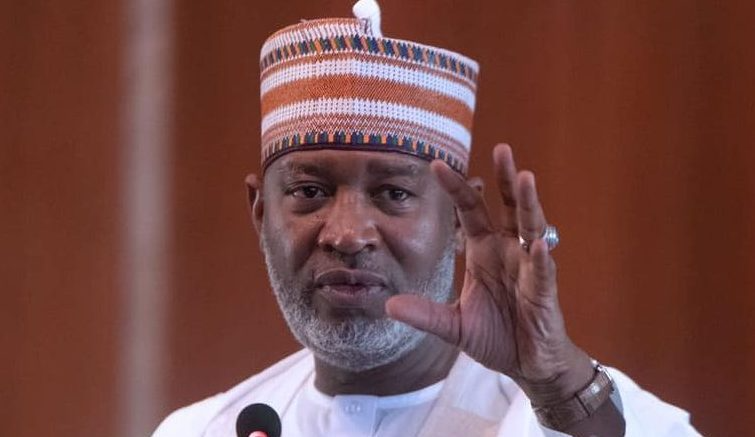The Economic and Financial Crimes Commission (EFCC) has recently opened its case against former Aviation Minister, Hadi Sirika, and three others in a Federal Capital Territory (FCT) High Court. The defendants are facing charges of alleged N2.6 billion fraud, abuse of office, and contract fraud. This high-profile case has captured public attention, raising concerns about corruption within the aviation sector and the misuse of public funds. In this article, we will delve into the details of the case and its potential implications.
The EFCC has accused Hadi Sirika, his daughter Fatima, Jalal Sule Hamma, and Al-Duraq Investment Limited of engaging in fraudulent activities and abusing their positions. The charges include misappropriation of funds and manipulation of contracts. The prosecution claims that the defendants used their influence and positions to secure contracts unlawfully and divert substantial amounts of public funds for personal gain.
During the court hearing, the EFCC presented Azubuike Okorie as its first witness (PW1). Okorie, a retired staff member of the Federal Ministry of Aviation, held various responsible positions, including Director of Procurement and Special Assistant to the Minister. He testified that his duties included monitoring and evaluating projects. Okorie stated that the Project Implementation Committee, which he chaired, was responsible for ensuring the proper execution of projects.
Okorie revealed that he obtained documents related to the contracts, specifically a document titled “List, 2021 Projects,” which he assumed was marked by the then-Minister, Hadi Sirika. He testified that he saw N800 million allocated to Al-Duraq Global Investment Limited and Apron Expansion, but he was not aware of the contract’s execution as he left his position before its completion.
Crucially, Okorie stated that he was only aware of the 30 percent mobilization fee paid to the defendants and was not involved in the subsequent payments. This testimony raises questions regarding the full extent of the alleged fraud and the involvement of other parties.
The defense counsel, including Chief Kanu Agabi representing Hadi Sirika, requested an adjournment to review the case documents, as they were served with the papers on short notice. The court granted their request, and the trial is set to continue with cross-examination on the next hearing.
The EFCC’s case against Hadi Sirika and the other defendants highlights the ongoing fight against corruption in Nigeria and the aviation sector’s vulnerability to fraudulent practices. If proven guilty, those involved must face the full consequences of their actions, as this case has significant implications for restoring public trust in government institutions.
The outcome of this trial will not only determine the fate of the accused but also serve as a litmus test for the EFCC’s effectiveness in combating corruption. It is crucial for the justice system to ensure a fair and transparent trial, allowing all parties to present their evidence and arguments.
Furthermore, this case underscores the need for comprehensive reforms in the procurement and contract award processes within the aviation industry. Strengthening oversight mechanisms, promoting transparency, and implementing stricter regulations can help prevent similar instances of fraud and abuse of office.
As Nigerians anxiously await the conclusion of this trial, it is essential for the judiciary to demonstrate its commitment to upholding the rule of law and protecting the public interest. This case serves as a reminder that no individual is above the law, and those found guilty of corruption must be held accountable. Ultimately, the pursuit of justice and the eradication of corruption are crucial for Nigeria’s progress and the welfare of its citizens.






